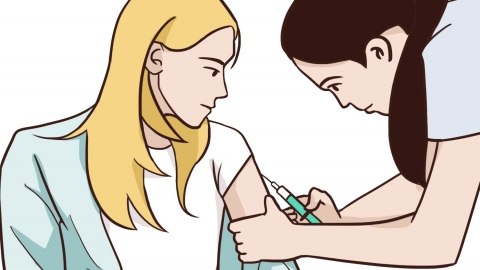What tests are needed before receiving the HPV vaccine?
Generally speaking, the HPV vaccine refers to the human papillomavirus vaccine. Before receiving the human papillomavirus vaccine, it is necessary to undergo a physical examination, gynecological examination, pregnancy test, human papillomavirus screening, complete blood count, and other tests. A detailed explanation is as follows:

1. Physical Examination
Before vaccination, the recipient's basic vital signs such as blood pressure, body temperature, and pulse should be checked to ensure the person is in good health without any abnormal reactions, thus preventing possible adverse effects after vaccination.
2. Gynecological Examination
Through visual inspection and palpation, the doctor will examine the external genitalia, vagina, cervix, uterus, and its appendages to check for any obvious lesions, inflammation, or abnormalities, such as cervical erosion or abnormal vaginal discharge.
3. Pregnancy Test
It is necessary to confirm whether the recipient is pregnant before vaccination, as the components of the human papillomavirus vaccine may affect embryonic development. Therefore, women who are pregnant should avoid receiving the vaccine.
4. Human Papillomavirus Screening
Conducting human papillomavirus screening before vaccination can determine whether the recipient has already been infected with human papillomavirus and identify the specific type of infection. If already infected, the HPV vaccine may be ineffective.
5. Complete Blood Count (CBC)
This test primarily checks indicators such as white blood cells, red blood cells, and platelets to identify any systemic health issues like anemia or infection, assess general health status, and determine whether there are contraindications for vaccination—for example, vaccination is generally not recommended during periods of severe infection.
Before vaccination, avoid consuming oily, spicy, or other irritating foods and maintain a light diet to support normal immune system function.






